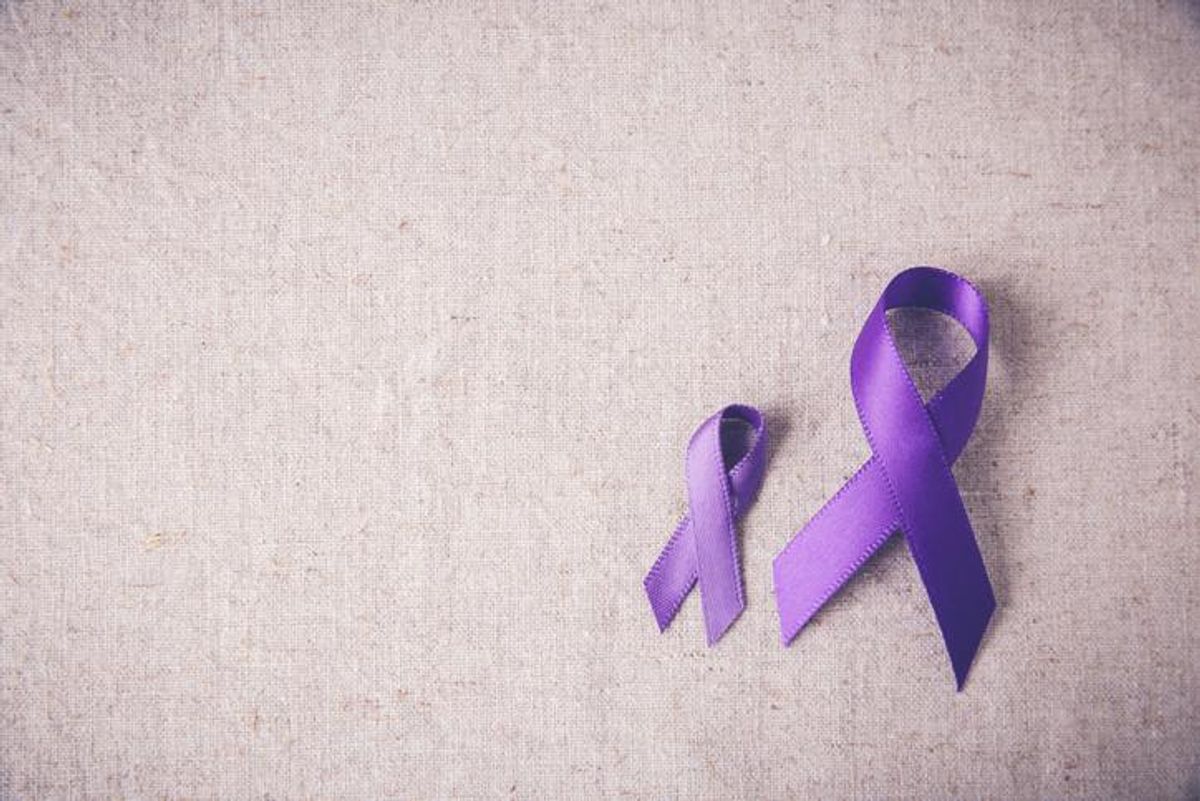Marisa Maese, 40, has been dealing with health problems since her mid-20s. They started with her first pregnancy, when she experienced complications from fibroids, was placed on bed rest and gave birth prematurely. “Since then, my life has never really been the same,” she said.
Maese experienced a series of reproductive health issues, along with near-constant and unexplainable fatigue. When she got pregnant again 10 years after her first child was born, she became very ill.
“I found myself in and out of the hospital my entire pregnancy and was in constant pain,” Maese said. “My son was born premature, and after delivery, I never bounced back. Four weeks after delivery, I was back in the hospital for gallbladder surgery, pancreatitis, liver issues, kidney infections and a slew of other complications.”
Maese was hopeful that her hysterectomy in 2019 would solve her mysterious health problems, but she continued to struggle. It wasn’t until she saw a new healthcare provider (HCP) near the tiny California town where she and her family had recently moved that Maese finally got the answer she’d been seeking for at least a decade.
She was diagnosed with lupus.
“I think I must have lived with lupus for about 10 years or longer before a random doctor in Barstow thought to ask the right questions,” Maese said. “She was the first doctor that asked me about my family history and actually did something about it.”
Maese isn’t the only person with lupus who had a hard time figuring out what was wrong. Because symptoms of lupus can mimic those of other diseases — and because they may come and go, affecting different parts of the body at different times — lupus can be very hard to diagnose.
After learning that Maese has a cousin with lupus, her doctor ordered an ANA panel, a blood test used to diagnose autoimmune diseases. From there, Maese’s journey with lupus began.
Lupus can be a heavy burden to carry
With a long list of sometimes mysterious symptoms that can make a person feel weak, tired and sickly, lupus can take a heavy toll on a person’s quality of life. People with lupus are twice as likely to have depression and anxiety compared to those who don't have the disease, according to a 2017 review involving over 10,000 people with lupus. Among the people with lupus included in the review, 25% had signs of major depression and 40% had anxiety.
“Lupus can have a very broad spectrum,” said Dr. Jill Buyon, rheumatologist and director of NYU Langone’s Lupus Center. She explained that some people with lupus are hardly affected, while others can die from the disease. Still others may have symptoms that, while not life-threatening, can be devastating.
“If you have a very disfiguring rash on your face — sure, that might not kill you,” Buyon said. “But you don't even want to go outside.”
People with lupus may also face additional challenges because of health inequalities like lack of access to care. They may not be able to find an HCP who understands the disease, or they may not be able to afford treatments.
Serious racial disparities related to lupus can strongly affect a woman’s chance of surviving the disease. A 2019 Centers for Disease Control and Prevention (CDC) report found Black women with lupus were 3.34 times more likely to die than Black women in the general population, while white women with lupus were 2.43 times more likely to die than white women in the general population.
The same report found that not only were Black women more likely to die from lupus than their white counterparts, they also died 13 years earlier on average.
Good care (and self-care) are key to living with lupus
Maese admits that living with lupus can be really hard, especially when she has to fight to be heard. “Someone who is chronically ill can end up in the emergency room every other month, or maybe multiple times a month,” she said. “Many ER staff and doctors know very little about lupus, and it can be more than just hurtful and frustrating to lupus patients when our symptoms aren’t taken seriously — it can be life-threatening in some cases.”
Maese feels it’s important that people with lupus are able to trust their providers. If you don’t feel like your HCP listens to your concerns, she said, don’t be afraid to find someone who will.
For people with lupus who may not have access to, or money for, even one HCP— much less the ability to switch — there are organizations and government programs that can help pay for lupus care and treatment. Some are designed to help people with insurance cover copayments and other costs, while others can help people who don’t have insurance get the care they need.
Buyon agrees that finding the right doctor is particularly important for people with lupus. “I think that lupus requires a very special patient-doctor relationship, I really do,” she said.
Part of a good relationship with your HCP means working together to decide which treatment options are best for you. Treatment of lupus usually involves medications designed to suppress inflammation and prevent the immune system from causing damage. Buyon said these medications are improving — getting better and more effective — on a yearly basis.
Maese also emphasizes the importance of self-care for managing her chronic illness. “I make every effort to take care of my body to the best of my ability,” she said. Although Maese used to be someone who would run herself into the ground, she has learned to listen to her body. “It’s vital that I rest and do what’s in my power to love and nurture my body, including going to doctor’s appointments and taking any prescribed medications,” she said.
Having dealt with depression and suicidal thoughts in the past, Maese is keenly aware of the ways chronic illness can affect mental health. “Lupus and chronic illness [make it more likely] for me to take trips down that dark staircase,” she said. She makes sure to reach out to family and friends when she finds herself going to a bad place mentally.
For people who aren’t comfortable talking about their disease with loved ones — or those who prefer talking with people who understand what they’re going through — support groups (both online and in person) can be very helpful.
Lupus doesn’t win
Buyon is optimistic about what the future holds for treating lupus. “I have a lot of hope for lupus patients,” she said. “We're making great strides. Medications are improving on a yearly basis, and there's a lot of attention being paid to it.”
With the help of a strong support system, Maese is striving to live her best life with lupus. “Lupus will try to dominate you and your entire life, but you can’t let it,” she said. “My husband likes to remind me that lupus doesn’t win. I have lupus, but I can’t let it define me.”
Resources
Lupus Foundation of America – Support Group Locator
This resource was created with support from Eli Lilly.
- How I Live My Best Life With Two Autoimmune Diseases ... ›
- Lupus Hub - HealthyWomen ›
- Tichina's Most Important Role - HealthyWomen ›
- What It's Like in the Depths of Sickness with Lupus - HealthyWomen ›
- El alto costo de vivir con lupus - HealthyWomen ›
- The High Cost of Living with Lupus - HealthyWomen ›





